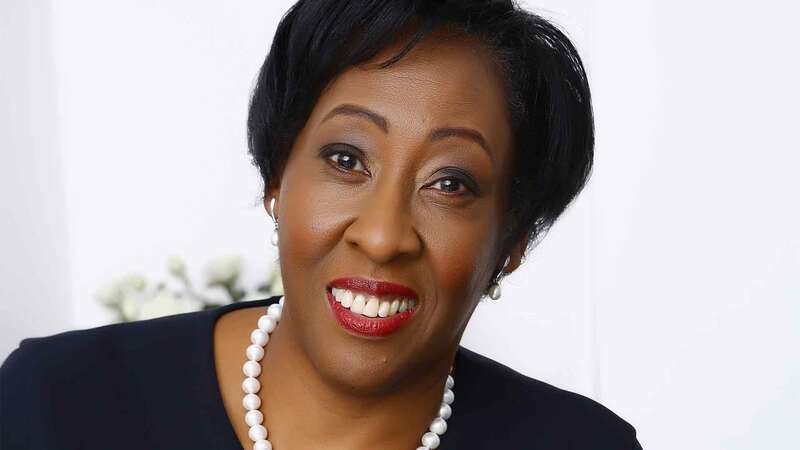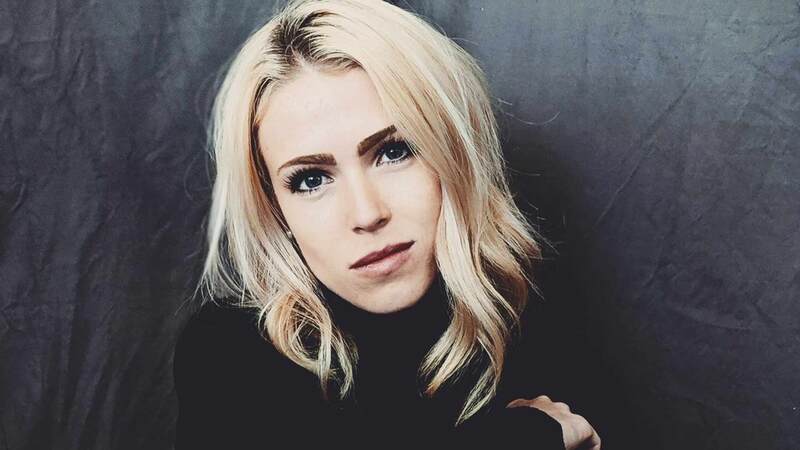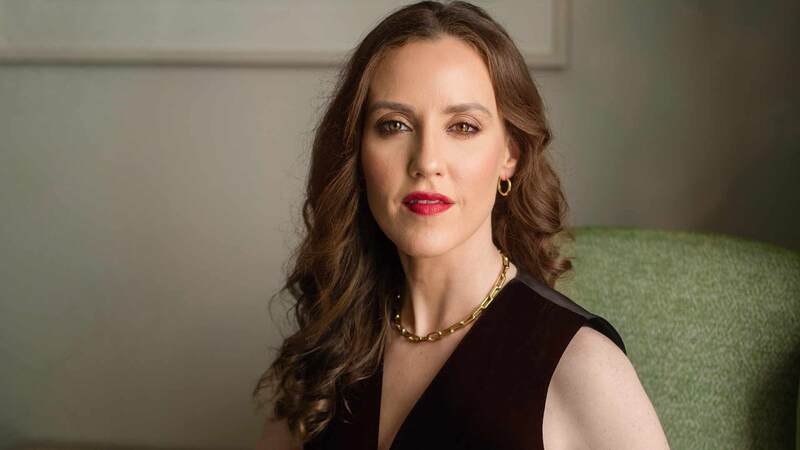You are viewing your 1 free article this month. Login to read more articles.
Diversity debates focus on 'unconscious bias' in publishing
The concept of "diversity" when it comes to new hires is evolving, with "unconscious bias" something publishers and recruiters are increasingly investigating.
HarperCollins' director of people, John Athanasiou (pictured), told the Westminster Media Forum last week that both "inherent" and "acquired" diversity required attention in the work place- the former relating to qualities such as race and ethnicity, disability, socio-economic background and sexuality, while the latter could be based on a person's "career", "life experiences", "how many languages they speak" or the kinds of company they have worked for previously.
Athanasiou argued that creativity - predicted to become one of the top three desired skills by employers by 2020 - was "intrinsically linked" to diversity.
"When we talk about diversity, it's important to think about the obvious but remember there are many different representations of it," said Athanasiou. "Creativity is intrinsically linked to diversity. Our capacity to think up new concepts and solutions is limited by our views, experience and knowledge. This is why it is important to remember that when we talk about diversifying our industry we need to look at both inherent and acquired diversity, and we need to be attracting people from different backgrounds as well as industries and careers."
Athanasiou called "unconscious bias" a "huge problem" for recruiters. Unconscious bias is the tendency that we "feel safer with what we know and we project this in the choices and judgements that we make about people around us" because we are fundamentally shaped by our environment and experiences.
A 2009 UK government study found that when three identical CVs were sent out under different names, Alison Taylor received a call back in one in nine applications, the other two ethnic names - Nadia Mamood and Marian Nabagambe - only received a call back in one in 16.
"It's up to those making decisions in recruitment and promotions to be aware of this barrier and actively look beyond the biases," Athanasiou said. "The key is to apply this at all levels, and ultimately the best talent should get the role."
Penguin Random House also announced new plans to diversify its workforce in a "creative responsibility manifesto" last month. Like HarperCollins, the publisher revealed it would be conducting a staff survey to ensure it has the data it needs while "everyone in the company" will undergo “unconscious bias” training to eradicate hidden prejudices.
Maria Vassilopoulos, manager for Jobs in Books for The Bookseller, has also argued in favour of more skill-led job applications over those that are experience-led to help eradicate unpaid internships and take the strain off HR departments in a recent personal blog. "That’s what would help diversity," she said, recommending publishers put together job specifications for potential candidates which "put experience required as experience desired" to "widen your potential candidate net" as well as to rebalance the level of importance placed on unpaid work experience.
HarperCollins is partnering with Race for Opportunity, an organisation which focused on race equality campaigns for ethinic minorities across the UK, as well as providing unconscous bias training, which the publisher will be providing to its executive team, hiring managers and anyone else who wants it.
The publisher is also embarking on its "biggest campaign ever" with Creative Access. "Without putting a figure on it, it's going to be in the double digit numbers of hires," confirmed Athanasiou.
Penguin Random House removed the degree requirement from job applications in January, to attract a “more varied candidate pool” - a stance that was backed by educational providers and publishers from across the trade, including Oneworld, HarperCollins and Bonnier.
HarperCollins also works with City Gateway, doing skill sessions for young people without degrees.
















